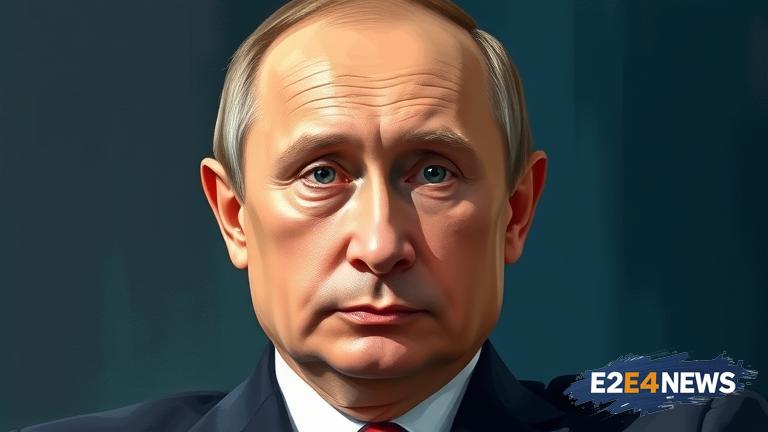In a move to foster closer relationships with neighboring countries, Russian President Vladimir Putin has signed a decree that simplifies migration rules for citizens of post-Soviet states. This decision is expected to have a significant impact on the lives of millions of people living in these countries. The new rules will allow citizens of post-Soviet states to live and work in Russia without the need for a visa or work permit. This move is seen as a strategic attempt by Putin to strengthen Russia’s influence in the region and promote economic cooperation. The decree applies to citizens of countries that were formerly part of the Soviet Union, including Ukraine, Belarus, and Kazakhstan. The new rules will also make it easier for citizens of these countries to access education and healthcare services in Russia. Additionally, the decree allows for the creation of a single economic space between Russia and the post-Soviet states, which is expected to boost trade and investment. The move has been welcomed by many in the region, who see it as an opportunity to improve their economic prospects and strengthen ties with Russia. However, some have expressed concerns that the new rules could lead to an influx of migrants, putting a strain on Russia’s resources. Despite these concerns, Putin’s government has assured that the new rules will be implemented in a way that benefits both Russia and the post-Soviet states. The decree is also seen as a response to the European Union’s efforts to strengthen ties with post-Soviet states through its Eastern Partnership program. Russia has long been wary of the EU’s attempts to expand its influence in the region and has sought to counterbalance this through its own initiatives. The new migration rules are just one part of a broader strategy by Putin to promote Russia’s interests in the region and assert its influence as a major world power. The move is also expected to have significant implications for the global economy, as it could lead to increased trade and investment between Russia and the post-Soviet states. Furthermore, the decree has sparked debate among experts, with some arguing that it could lead to a brain drain in the post-Soviet states, as highly skilled workers seek better opportunities in Russia. Others have pointed out that the new rules could also lead to increased cultural exchange and cooperation between Russia and the post-Soviet states, promoting greater understanding and cooperation between the countries. Overall, the relaxation of migration rules for post-Soviet states is a significant development that is expected to have far-reaching consequences for the region and beyond.
